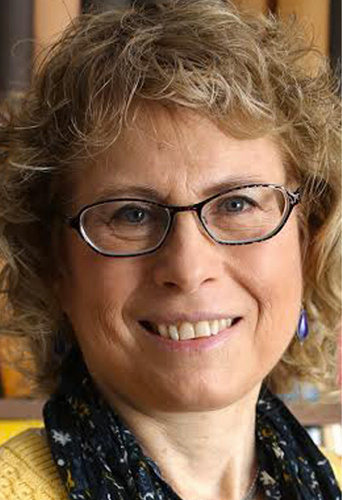Olivet Theology Faculty's New Book Featured in New York Times
July 21, 2014
Olivet Theological College and Seminary's adjunct faculty member Dr. Linda A. Mercadante was featured in a book review by the New York Times Religion section for her new book "Beliefs Without Borders: Inside the Minds of the Spiritual but Not Religious." The article entitled "Examining the Growth of the 'Spiritual but Not Religious" reviewed Dr. Mercadante's book together with author Rev. Lillian Daniel's "When 'Spiritual But Not Religious' Is Not Enough" and Courtney Bender's "The New Metaphysicals: Spirituality and the American Religious Imagination."
According to the columnist, Rev. Daniel "argues that spirituality fits too snugly with complacency, even hedonism . . . whereas religion is better at challenging people to face death, fight poverty and oppose injustice," wrote New York Times, Mark E. Oppenheimer. Dr. Bender instead "found them (the spiritual, but not religious) not on solitary nature walks but in all sorts of groups."
The middle position in the article then constitutes Dr. Mercadante's thesis, who "makes the case that spiritual people can be quite deep theologically," wrote Oppenheimer.
For her study, Dr. Mercadante utilized computer software to analyze 85 S.B.N.R.s interview transcriptions, which led to her findings that spiritual people contemplated about the afterlife and death.
"They reject heaven and hell, but they do believe in an afterlife," said Dr. Mercadante. "In some ways, they would fit O.K. in a progressive Christian context…They may like Jesus, he might be their guru, he might be one of their many bodhisattvas, but Jesus as God is not on their radar screen."
Dr. Mercadante is an adjunct faculty member teaching theology and film at Olivet University's Theological College and Seminary in San Francisco, CA. Her class explored the task of theology to reflect upon the story of the Gospel and the way it gives meaning to our lives in an age when media rather than Scripture or religious beliefs have become our common culture and when one powerful resource for this meaning-making is the symbolic inventory arrayed in film.
Read the NY Times
full article at: http://www.nytimes.com/2014/07/19/us/examining-the-growth-of-the-spiritual-but-not-religious.html?_r=0
For more Olivet University News visit www.olivetnews.com
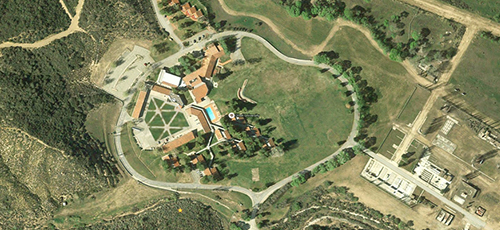

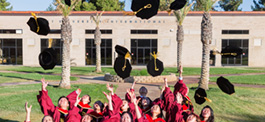
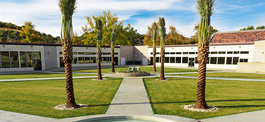

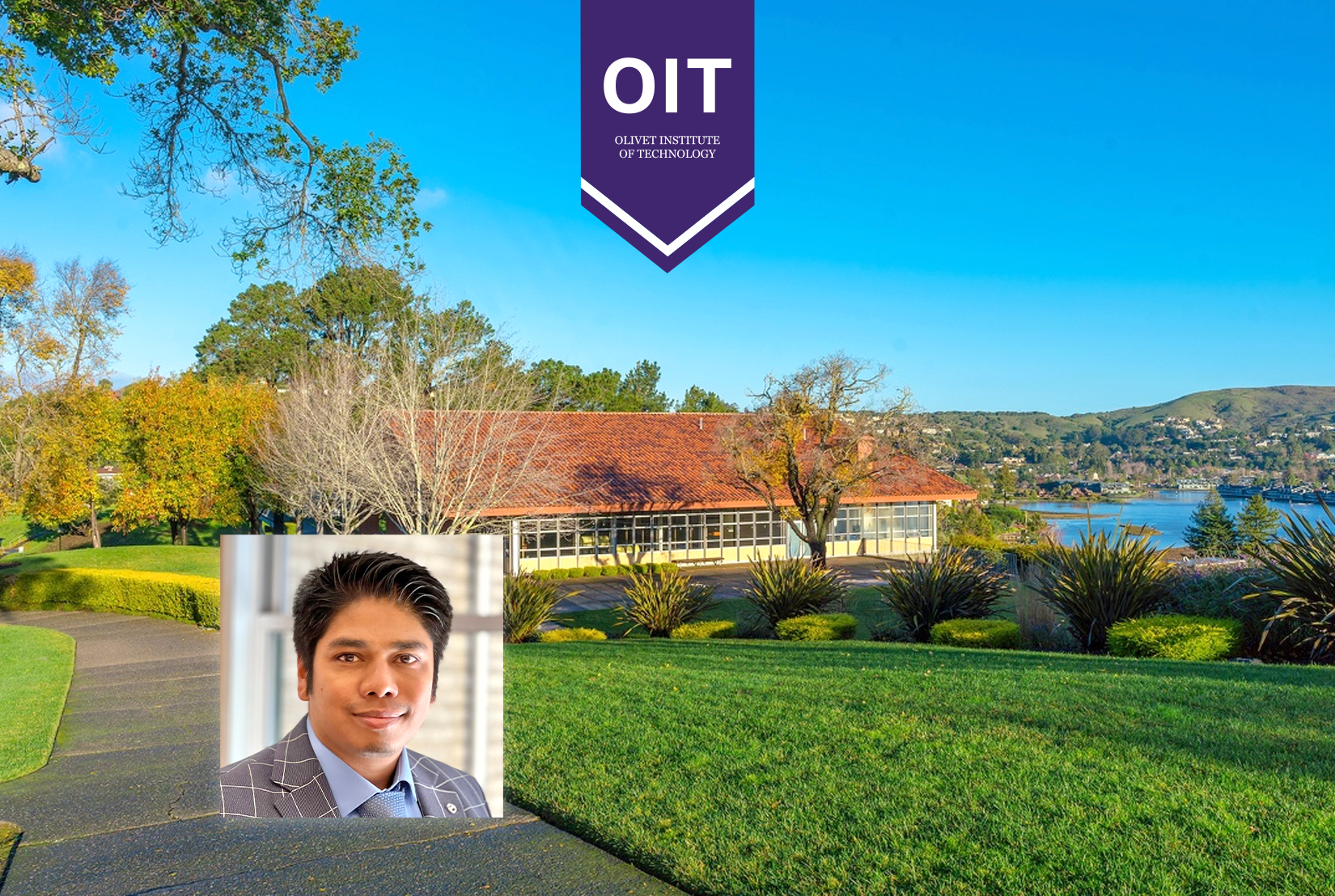
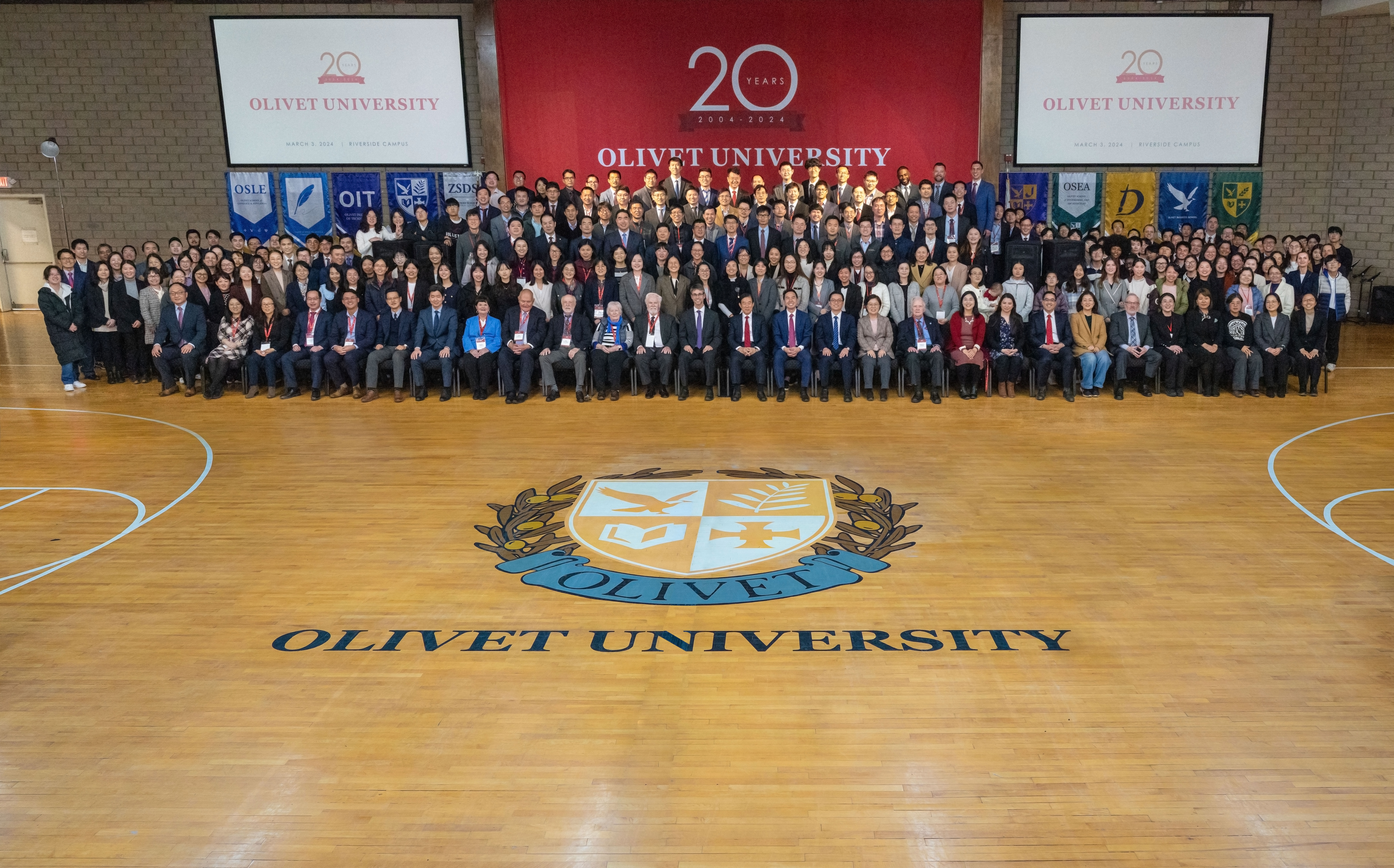 Olivet University Marks 20th Anniversary Milestone with Reverence and Gratitude
Olivet University Marks 20th Anniversary Milestone with Reverence and Gratitude OSMC Audio and Video Production Class Delves in the Art of Visual Storytelling
OSMC Audio and Video Production Class Delves in the Art of Visual Storytelling